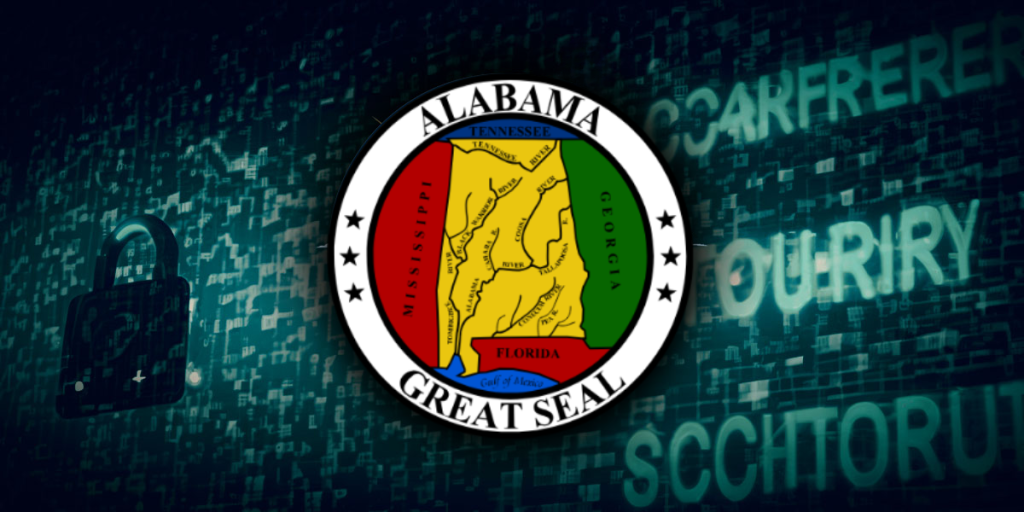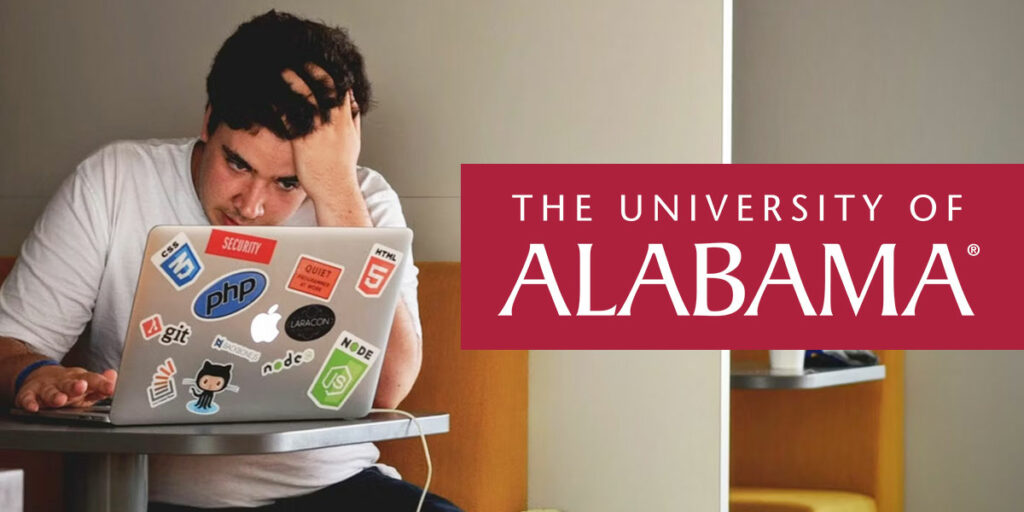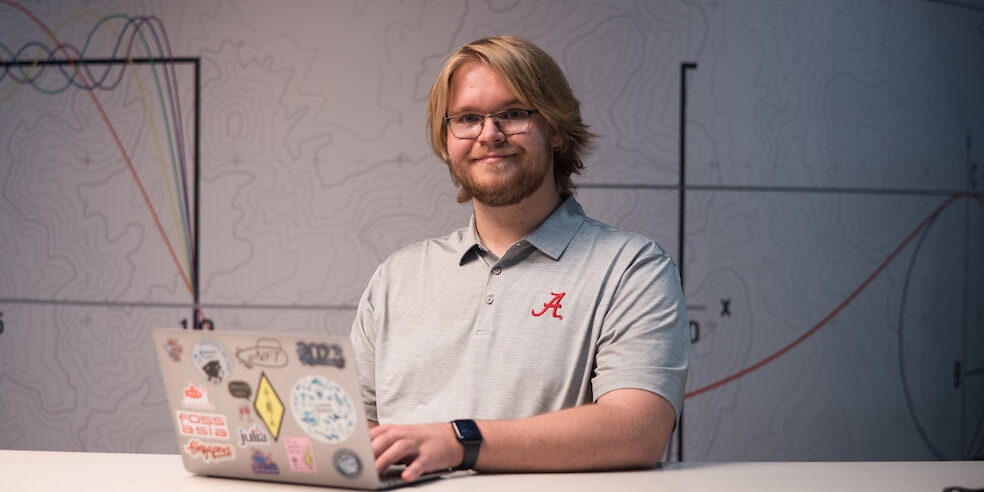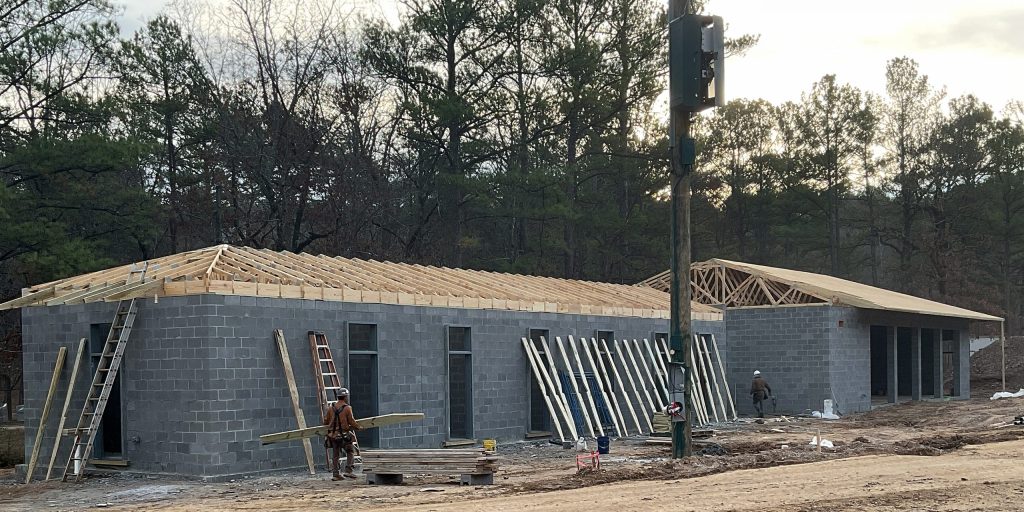A one-of-a-kind graduate program at the University of Alabama will pave the way for highly-skilled professionals to enter the ranks of the critical field of precision timing.
With nearly $3 million in support from the National Science Foundation, UA is offering 24 graduate school fellowships. The fellowships pay tuition and a stipend for students to concentrate in precision timing, the field of hyper-hyper accurate timekeeping traditionally based on atomic clocks.
The ACCEPT (Alabama Collaborative for Contemporary Education in Precision Timing) program is open to students seeking master’s and doctoral degrees in mathematics, physics and electrical engineering.
National Security Issue
The defense, communications, transportation, energy and finance industries rely on the technology. It serves as the backbone to over a third of the nation’s economy. With many professional retiring, the field’s workforce is greying. A new influx of scientists and engineers are needed to maintain the United States’ competitiveness.
“The loss of manpower has risen to a national security issue when coupled with the explosive growth in the area and the rapid improvement of other countries in this area,” said Dr. Adam Hauser, ACCEPT executive director and associate professor of physics and astronomy. “To meet the needs of society, government and industry sectors have communicated the need for workers with an interdisciplinary foundation, and a broad-based, workforce-development program beyond what an individual faculty member can achieve alone. The ACCEPT program is a response to that need.”
Silent Infrastructure
Precision timing is based on technology developed and implemented in late 1960s. It measures the natural frequency of cesium atoms as they oscillate between the precise energy levels. Advance atomic clocks, or optical clocks, can keep time so accurate they would not have gained or lost a second if they had started running at the dawn of the universe, according to the National Institute of Standards and Technology.
“Precision timing technology is a silent work horse in the background. It’s hard to imagine a world without atomic clocks, as this has become ubiquitous for our daily needs – such as – telecommunication, navigation, stocks. etc.,” said Dr. Thejesh Bandi, associate professor of physics and astronomy. “There currently are no focused programs training students to handle the present needs plus future requirements so there is a significant niche in workforce development required going forward.”
Graduate Opportunities
Through the grant from the NSF Research Traineeship Program, UA is providing an opportunity for up to 160 graduate students. The students have the chance to combine coursework across three departments. They will also receive professional development in teamwork, leadership, ethics and communication, critical areas identified by precision timing experts.
Students can put training into practice through research experiences with ACCEPT partners, student-led initiatives and networking at conferences and workshops.
“ACCEPT is a practical program with flexibility to meet the needs of industry,” said Dr. Patrick LeClair, professor and chair of the UA Department of Physics and Astronomy. “Students will be eligible for high-paying jobs in the government or private sectors the first day out of the program.”
UA Support
Along with Hauser, Bandi and LeClair, UA faculty involved in the program include:
- Dr. David Cruz-Uribe, professor of mathematics
- Dr. Todd Freeborn, associate professor of electrical and computer engineering
- Dr. Mizanur Rahman, assistant professor of civil, construction and environmental engineering
- Dr. Jordan Larson, assistant professor of aerospace engineering and mechanics
- Dr. Karri Holley, professor of higher education
- Dr. Sergei Gleyzer, associate professor of physic and astronomy
- Dr. Brendan Ames, associate professor of mathematics
- Dr. Adam Brooks, associate professor of communication studies.













